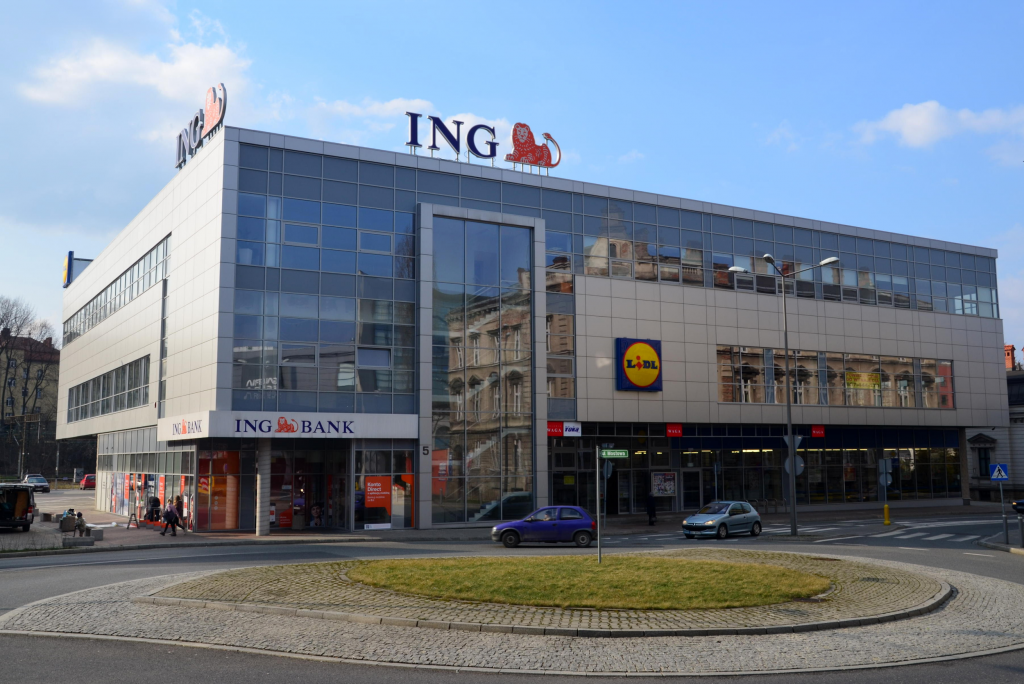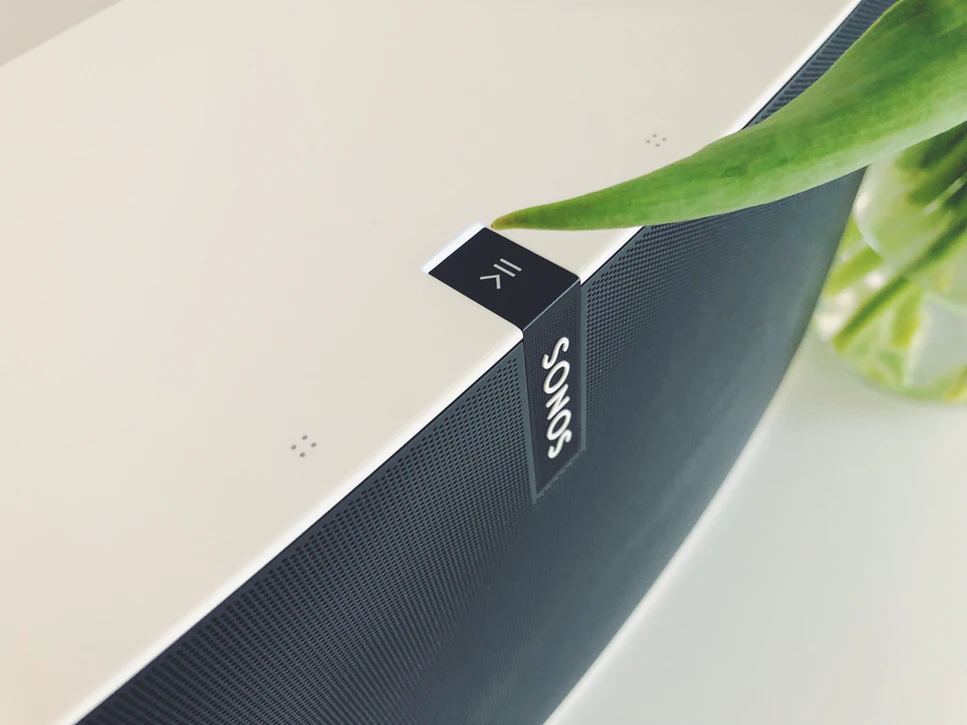After a US attack killed Iranian Major General Qassem Soleimani, Iran announced it would no longer hold by the limits of the previously agreed upon nuclear deal which has been in place for several years. Therefore, says the Iranians, they will no longer limit the level of enriched uranium or centrifuges for its weaponry, giving it more power to pursue nuclear weapons for the future.
This has put Europe in a perilous position. Some within the EU believe a harsh response is needed to combat a growing Iranian nuclear arsenal. Others, however, like the junior foreign affairs minister of France Jean-Baptiste Lemoyne, seek to be peacemakers between the Iranians and United States:

“It is imperative that we find a way to de-escalate things…The Europeans need to be the voice of reason. Because of everything that has happened, it’s even more important to have contact with all actors to avoid the worst and a vicious cycle of reprisals that leads to a fatal escalation.”
The situation in Iran has been effecting the European markets which fell after Iran retaliated against Iraqi airbases housing US troops.
European banks are taking a page from the Japanese and looking abroad to expand their business. With interest rates in Japan turning negative, there is even more incentive for banks to finance projects abroad, and what better place to do that than Europe. European banks have seen this and are now taking action for themselves. The European Commission expects only a 1.4% growth rate in the region over the current year, which could bring banks such as Germany’s Siemens, Italy’s Eni and ING to look overseas to finance more projects.

EU companies have already been cranking up overseas purchases. Over the last five years they have spent $273 billion a year on targets outside the bloc, up from an average of $176 billion in the decade’s first half, Refinitiv calculates. Transactions like luxury giant LVMH’s $16 billion takeover of American jeweler Tiffany & Co underscore an eagerness to tap into growth in the United States and Asia. Even seemingly regional deals often have an overseas angle: Peugeot’s planned merger with Fiat Chrysler Automobiles is in part motivated by the latter’s success with Jeep in the United States.
After a negative 2019, European banking stocks began 2020 on a high note, a hopeful sign of good things to come for the sector.
In a David vs. Goliath-type move, speaker maker Sonos announced it was suing Google, claiming the company infringed on its smart-speaker patents in an egregious way. The suit, which was filed in California, is over five specific patents and after Sonos allegedly warned Google of this action previously. Sonos is hoping to cease the sale of certain Google products which it claims use its patented technology.
Oddly enough, Sonos and Google are partners, with Google Assistant being used in Sonos speakers. Still, this wasn’t enough for Sonos CEO Patrick Spence to make these allegations public:

“Google has been blatantly and knowingly copying our patented technology,” Mr. Spence said in a statement. “Despite our repeated and extensive efforts over the last few years, Google has not shown any willingness to work with us on a mutually beneficial solution. We’re left with no choice but to litigate.”
On top of the allegations against Google, Sonos claims that Amazon also infringed on its patents with its own line of smart-speakers.
Move over Amazon, Alibaba is coming for you. The Chinese retail giant is beginning to infiltrate the European market via its AliExpress platform by undercutting fees for third-party sellers and taking market share away from its main competitor in the region. Amazon has built up a strong European business, and boasts Germany as its second-largest market, with €17.5 billion in revenue coming from the country.
This is all part of Alibaba’s plan to leverage its size in local markets around the globe:

“We are continuously exploring opportunities to work with different partners and committed to acting as a trusted partner for both consumers and sellers,” the company said.
“Overseas sellers have a better understanding of local users, their products have better designs as they are closer to local users,” said Wang Mingqiang, head of AliExpress.
The plan will start with Spain and Italy before expanding to the rest of Europe. The company has already begun to wave their monthly fee for sellers in Spain while dropping their commission to 8% or lower, compared to 15% on Amazon.
*As with any investment, your capital is at risk and the investments are not guaranteed. The yield is up to 6.75%. Before deciding to invest, please review our risk statement or consult with a financial advisor if necessary.


